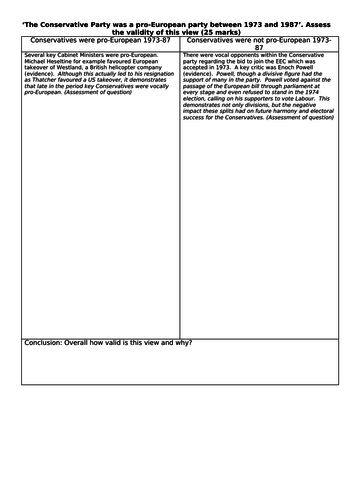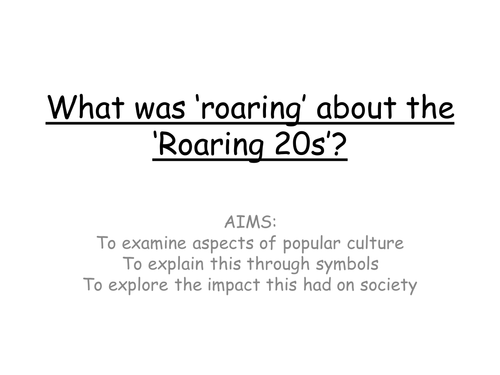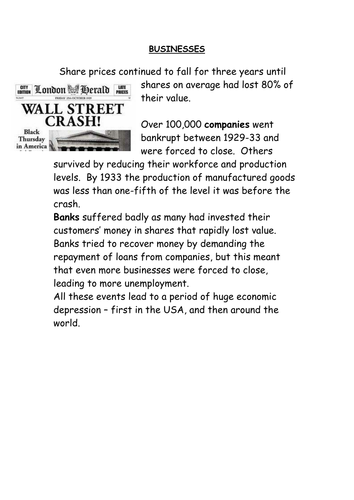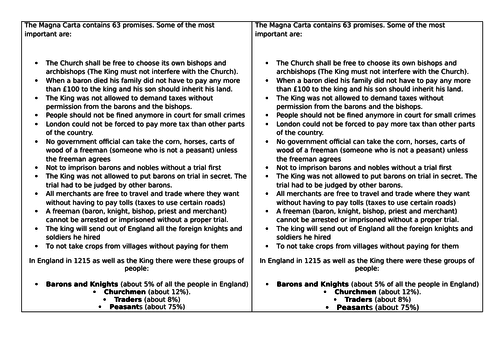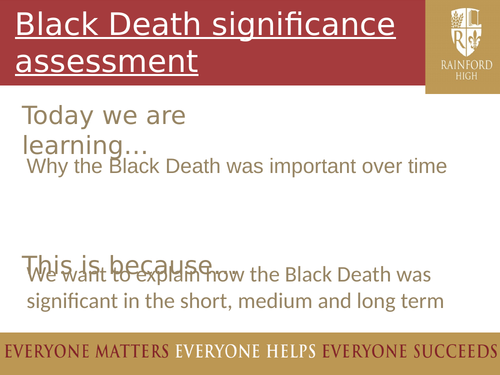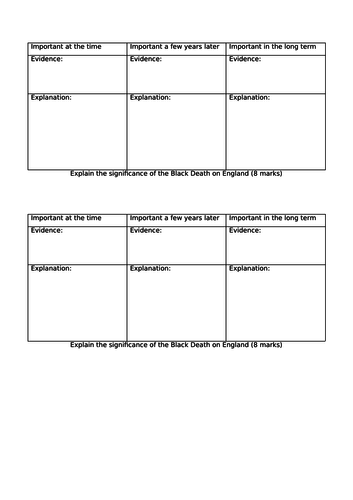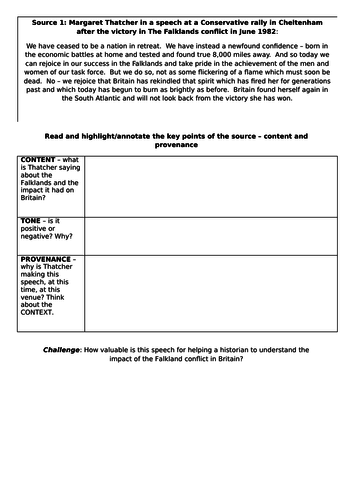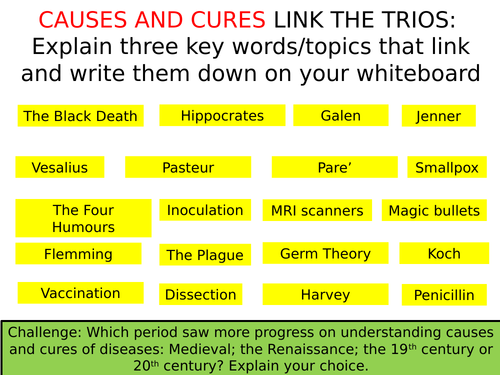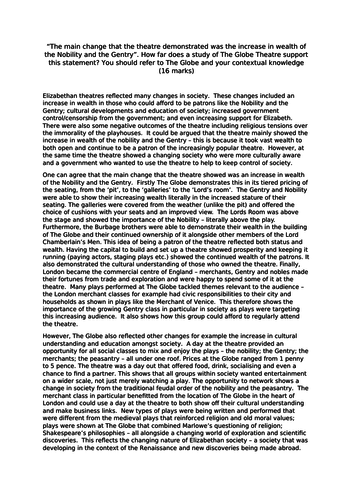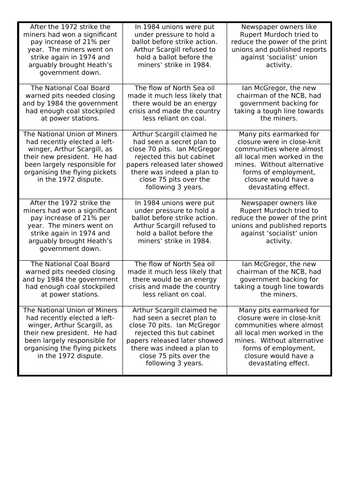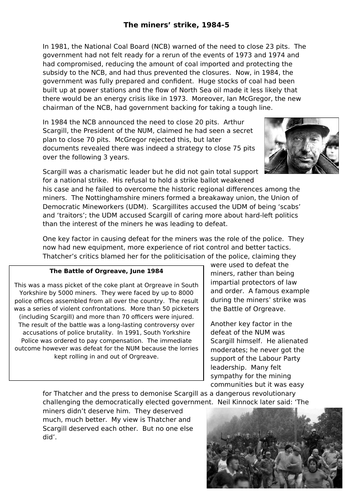New Focus Education
Key Stage 3, GCSE and A Level History resources available for purchase and download. New Focus Education offer resources from a teacher with 10 years teaching experience, a track record of excellent outcomes and experience of leadership at several levels. The main focus is AQA 8145 and AQA A Level, with key stage three resources available with GCSE skills and requirements embedded throughout.





